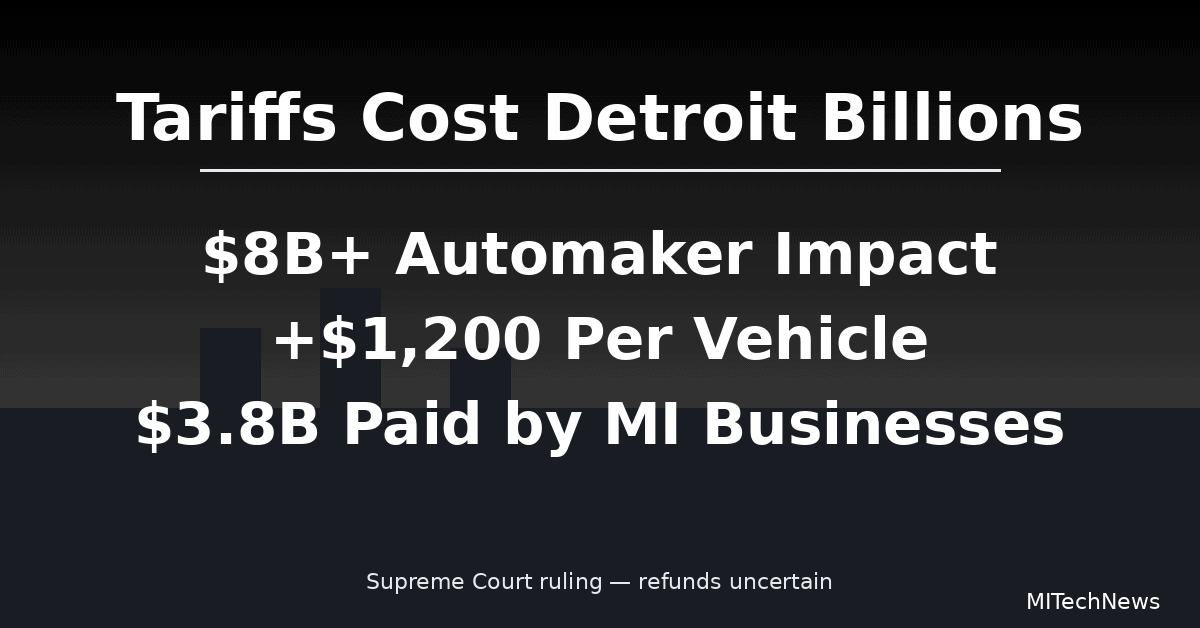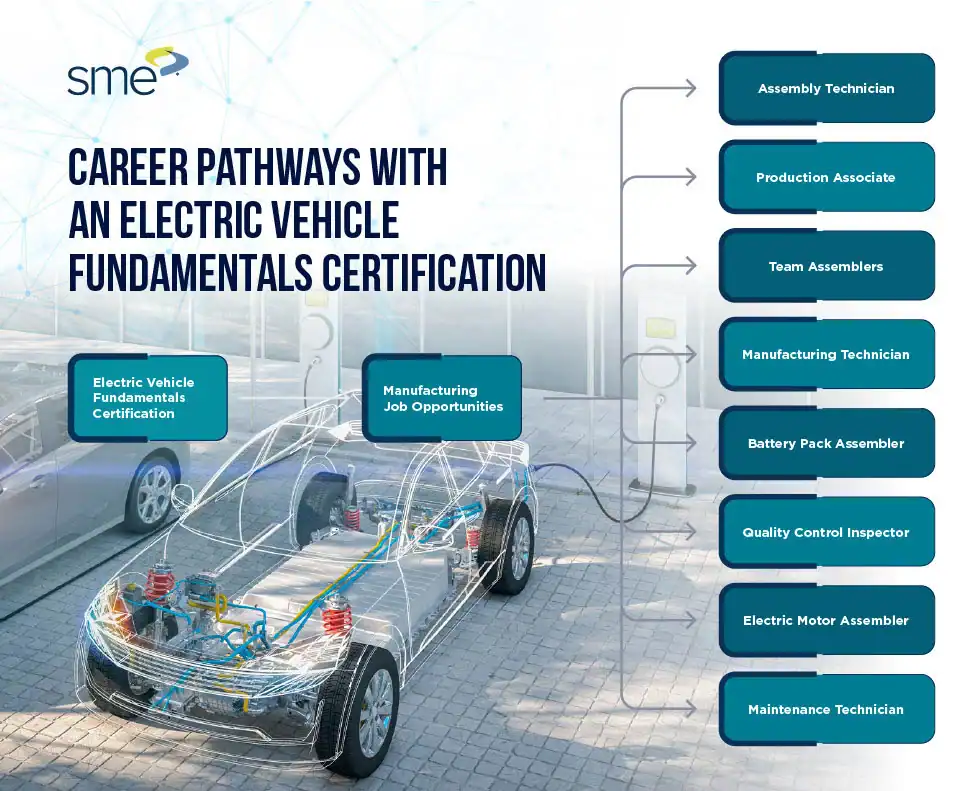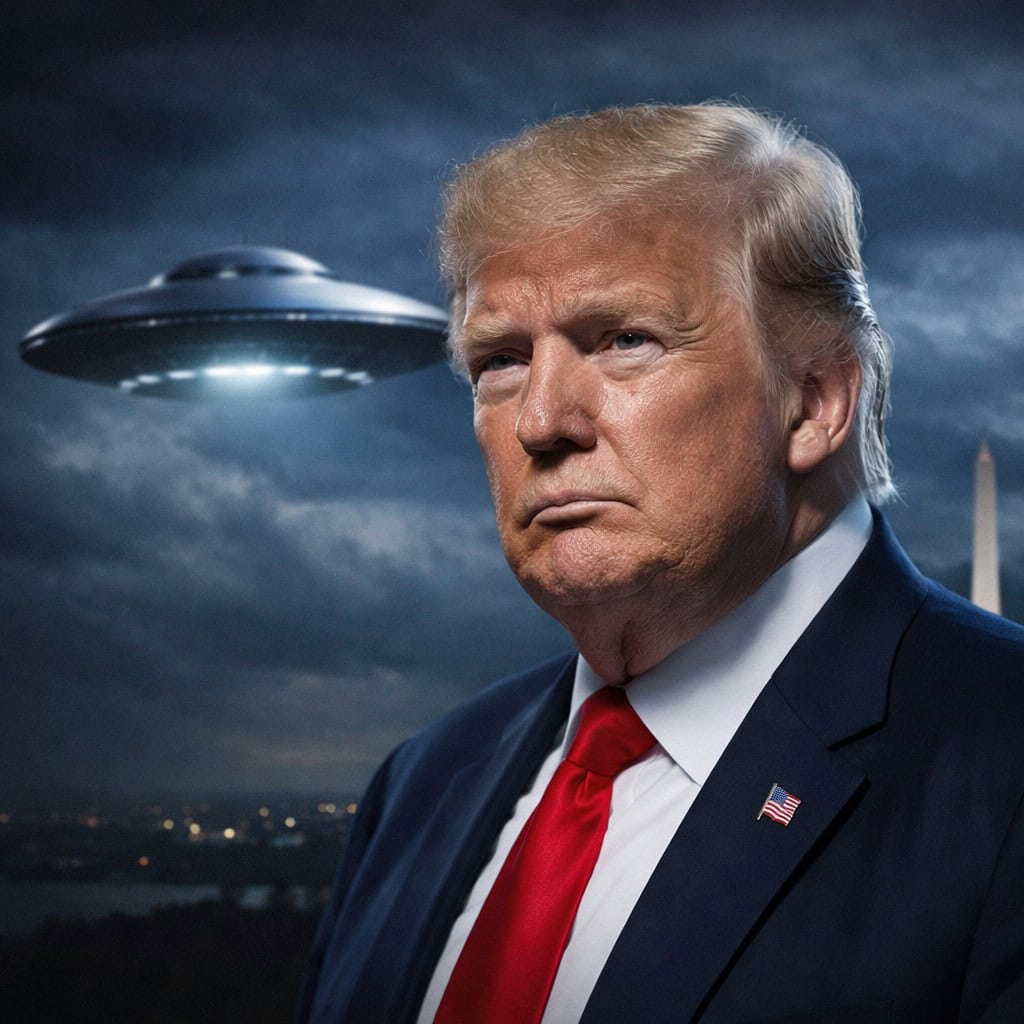DETROIT – The future is and must be sustainable. The major automotive brands know this, but they also know that it cannot rely solely on electricity, or at least not yet, given the problems that these vehicles bring. But, you have to be smarter than the market and BMW and Toyota have wanted to go one step further with the aim of leading the industry.
Both companies have announced their first series-production hydrogen car for 2028, marking a milestone in the history of motoring. And yes, as you read, it is a collaboration between both companies. Will this be the technology that finally dethrones electric batteries?
A historic alliance
BMW and Toyota are going all out and betting heavily on hydrogen. The BMW iX5 Hydrogen will be the prototype on which this project is based, which has also already been tested worldwide, obtaining very promising results.
This vehicle stands out for its capacity to recharge in just three or four minutes, a range of up to 300 miles and a performance worthy of a sports car: 401 hp and acceleration from 0 to 100 km/h in less than 6 seconds.
Toyota, for its part, has taken hydrogen to more versatile terrain with its fuel cell Hilux, a pick-up that has already passed the demonstration phase and seeks to become the first mass-produced hydrogen truck.
What are the features of this iX5?
This prototype that mixes the best of both worlds from BMW and Toyota offers the following:
- Total power of 401 hp that accelerates from 0 to 100 km/h in less than 6 seconds.
- Hydrogen fuel cell with electric motor based on BMW technology
- A range of up to 500 km
Why could hydrogen be the future of the automobile?
FCEVs (Fuel Cell Electric Vehicles) have more advantage than battery-electric vehicles. If you ask yourself why, the first answer is clear: they take less time to recharge. An electric car can take hours to recharge, and an FCEV does it in minutes
On the other hand, they are also much more autonomous than electric cars, since they can withstand and resist extreme temperatures better and do not lose capacity.
The clearest similarity between both types of vehicles is that they are zero emissions, since hydrogen vehicles only emit water vapor.
Oliver Zipse, CEO of BMW, said that this collaboration with Toyota marks a new era in the demand for hydrogen cars, driving the development of infrastructure and the accessibility of this technology. Will the rest of the competitors catch up?
What can we expect from this alliance?
This agreement not only seeks to launch hydrogen cars on the market, but also to set a precedent for the expansion of zero-emission vehicles to the market.
As for what we can expect from this alliance, it is simple: both companies seek to reduce the production costs generated by hydrogen technology, and thus take advantage of the synergies of both brands to improve performance and create common recharging structures for both companies. Of course, each manufacturer will maintain its own idiosyncrasy in its final models, so if you are more of a Toyota fan or prefer something more premium from BMW, you can choose the model you want.
This new era is going to set some very important precedents for automotive history. What do we expect from the market now? That the rest of the competitors are as skilful as these beasts united to collaborate for a more sustainable future. Both believe that hydrogen deserves a chance and wouldn’t it be incredible if they managed to make this technology more accessible? We could be talking about a new era of automotive technology!!






